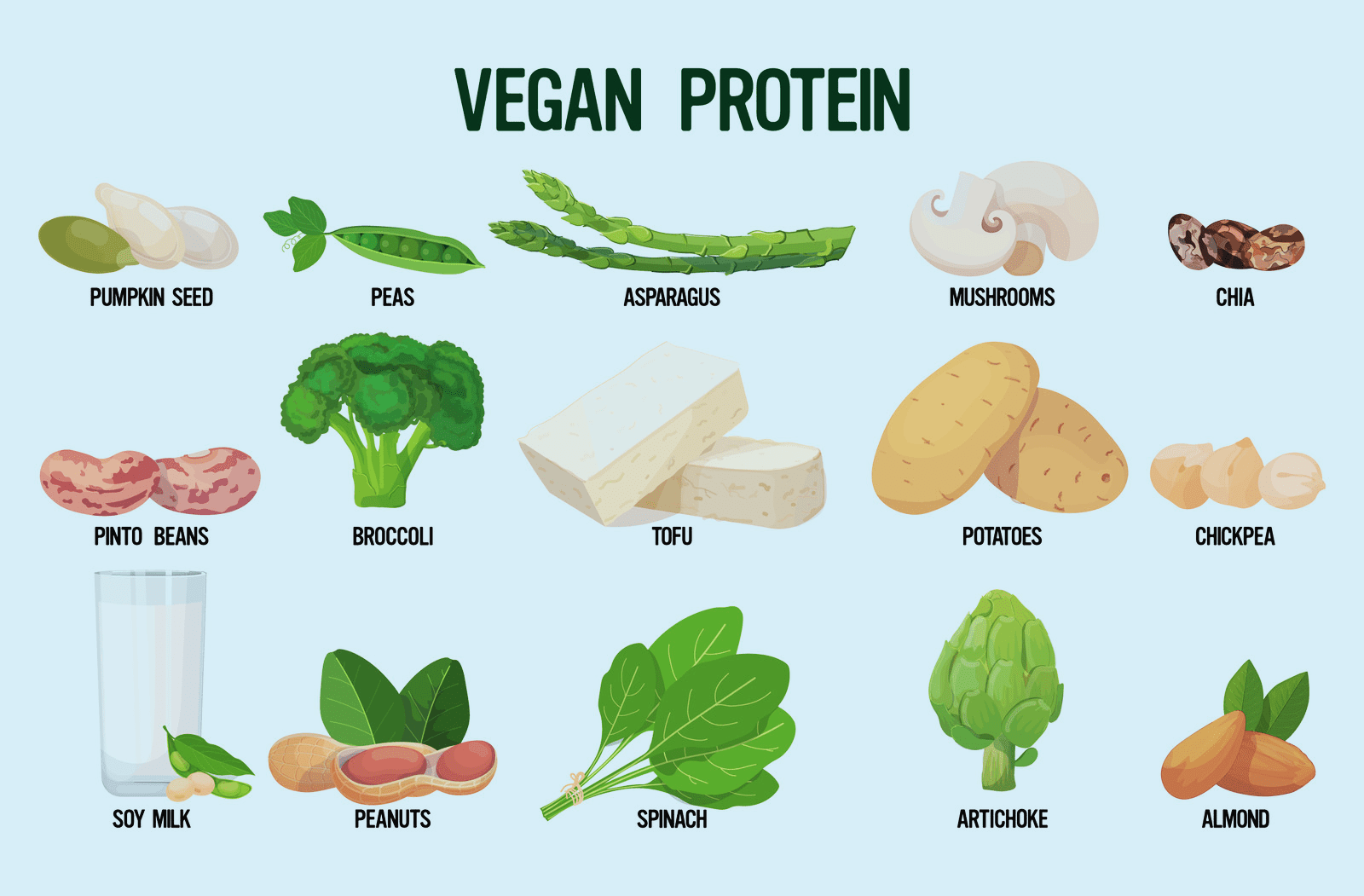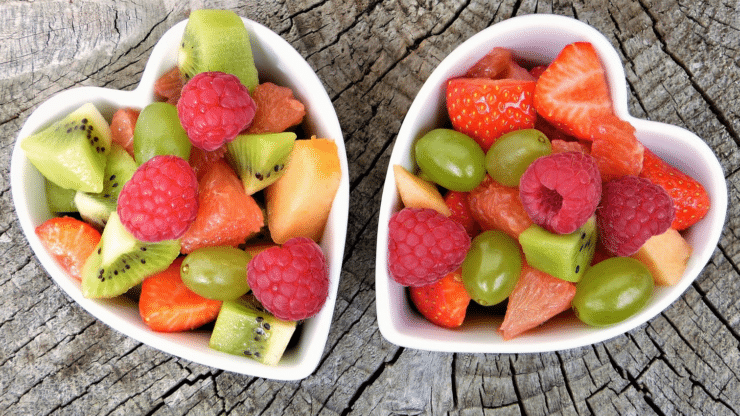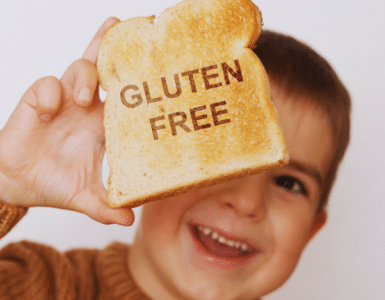Veganism offers unparalleled health benefits while still being delicious and enjoyable. And with the right recipes and knowledge, raising children on a vegan diet can be completely rewarding – not just for them but for our planet’s animals, too!
So let’s explore the incredible advantages of raising your little ones on an entirely plant-based meal plan. Keep reading to discover why choosing veganism for your kids’ diets is the perfect way to nurture their developing minds and bodies.
Veganism is a Sustainable Option for Kids’ Diets
Veganism is a great option due to its inherently healthful, sustainable properties.
Studies have shown that vegans tend to have healthier overall diets with more vitamins and minerals than non-vegans, as well as lower body mass indices and less risk of obesity. This is because vegan diets typically consist of whole grains, legumes, vegetables and fruits, all of which are nutrient-dense and provide essential vitamins and minerals for growth and development.
As a bonus, veganism also reduces the risk of heart disease due to the lack of animal products in the diet.
If your kids are interested in going plant-based, maybe consider trying it for a short period of time to see how they like it. Taking veganism for a “test drive” is the whole concept behind Veganuary, a month-long challenge to ditch meat.
Making Meals Fun and Enjoyable For Kids
Making vegan meals exciting, enjoyable, and nutritious for kids does not have to be a huge challenge.
If you have picky eaters, try making dishes that are visually appealing such as veggie stir-fry skewers or stuffed potatoes topped with shredded veggies.
With a bit of creativity and the right ingredients, kids can enjoy vegan meals that are both delicious and healthy. One way to make vegan meals fun for children is by introducing creative recipes with their favorite vegetables or flavors.For example, combine broccoli and carrots to create a “Veggie Rainbow” pizza with a bright red sauce that’s full of color.
There are also quite a few tasty meat alternatives available at fast food restaurants!

Consider adding in some snacks and sweet treats throughout the day like frozen banana bites dipped in dark chocolate or avocado popsicles made with almond milk to help keep them energized.
Kids will love all these flavorful options while getting the essential nutrients they need!
Health Benefits of Vegan Diets?
A vegan diet is high in fiber and low in saturated fat, which helps to regulate blood sugar levels and helps to maintain healthy cholesterol levels.
Children that follow a vegan diet consume less sugar, saturated fat, and cholesterol than non-vegans, reducing their risk of heart disease, and certain types of cancer. Additionally, since most vegan food sources are low in calories and high in nutrients, following a vegan diet can help with weight management.
The fiber content of the vegan diet also helps to keep a child fuller for longer periods of time so they don’t experience hunger as often or craving unhealthy snacks between meals. All of these benefits combined make the vegan diet an excellent choice for children.
In other words, by not consuming animal products, people can consume fewer calories while still getting plenty of essential nutrients like iron and zinc.
The Dietary Requirements of Children Following a Vegan Lifestyle
Every child is different and you should talk to a doctor before making any major life changes, but a vegan diet can absolutely provide most children the nutrients they need to grow and develop properly.
We all know that protein is vital for the growth and development of muscles, bones, and cells. Plant-based proteins are derived from legumes, nuts, seeds, grains, and other plant sources such as tempeh, tofu, seitan, and edamame.
Iron helps children’s bodies make red blood cells that carry oxygen to all parts of their body. Sources of iron on a vegan diet include fortified cereals, quinoa, lentils, spinach and other green leafy vegetables.
Calcium helps keep children’s bones healthy and growing. Fortified plant milks (such as soy or almond milk) are good sources of calcium along with dark green leafy vegetables like kale or bok choy. Other vegan sources of calcium include tofu prepared with calcium sulfate as well as fortified breakfast cereals.

Raising Children on a Plant-Based Diet is an Amazing Choice
Not only is it good for their physical health, but it can also benefit their mental health and well-being.
A vegan diet has also been found to be beneficial for brain health due to its high concentration of antioxidants and omega-3 fatty acids. Additionally, people who follow a plant-based diet are more likely to get an adequate intake of vitamins B12 and D; both essential for cognitive development.
The psychological benefits of following a vegan lifestyle are just as important as the physical ones. Being mindful about what we eat, where our food comes from, and how it impacts the planet can help children develop better self-awareness and empathy. As they learn to make ethical choices when it comes to food consumption, they become more compassionate citizens and better stewards of the environment.
And lastly, when children know that their food choices are helping animals rather than harming them – this knowledge can provide them with an immense sense of accomplishment that boosts confidence and self esteem.

Encouraging Healthy Eating Habits and Empathy
Veganism is also a good option for encouraging healthy eating habits in children from a young age.
When kids learn how to eat plant-based meals at an early age they will be better prepared to make healthy food choices throughout their lives. A vegan diet can also help teach children the importance of choosing locally sourced produce whenever possible so they become conscious consumers later on. Teaching kids about sustainability through their everyday meals is an invaluable educational tool that will benefit them beyond childhood into adulthood.
Finally, it fosters empathy for animals by giving children the opportunity to make ethical food choices that help protect them from harm. Ultimately, choosing a vegan lifestyle is not only beneficial for children’s health but for animal welfare too!










Add comment